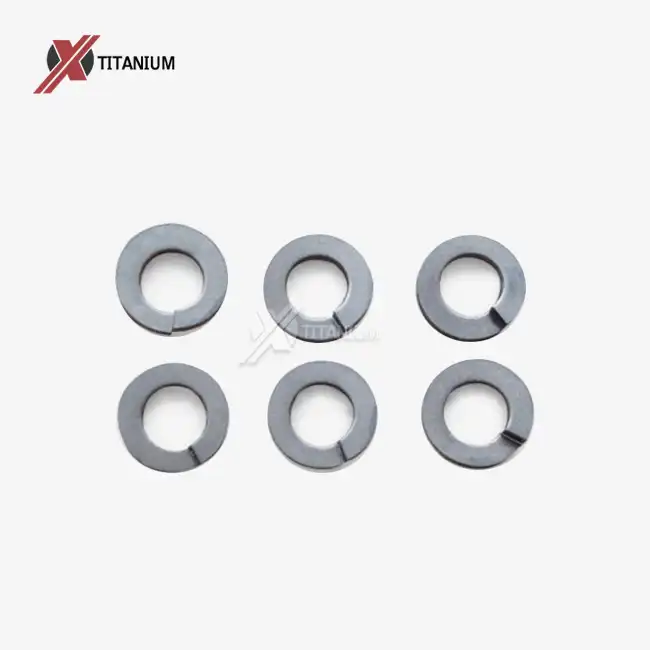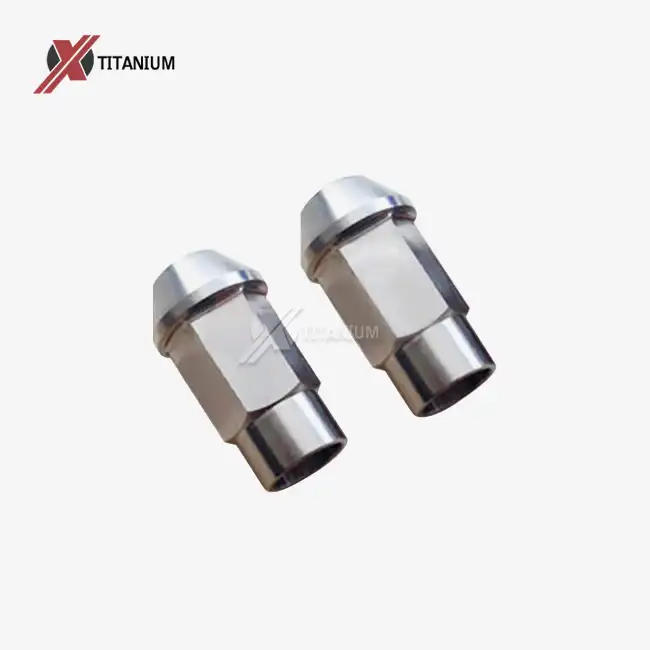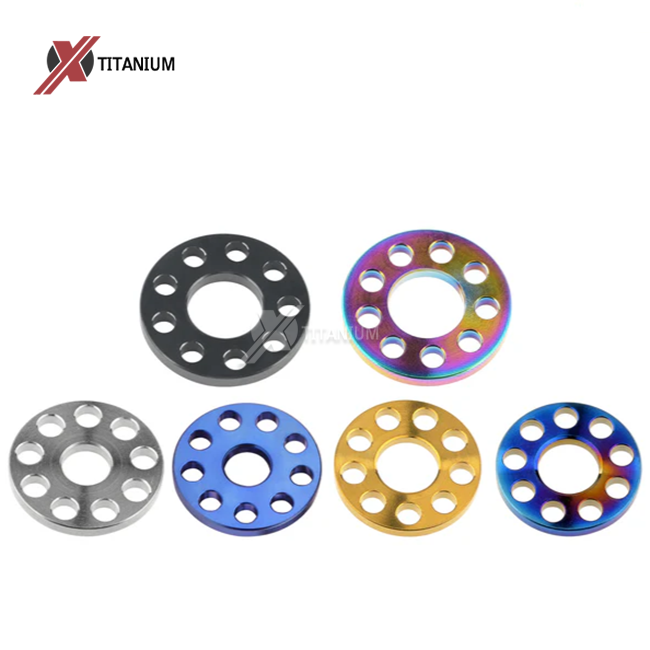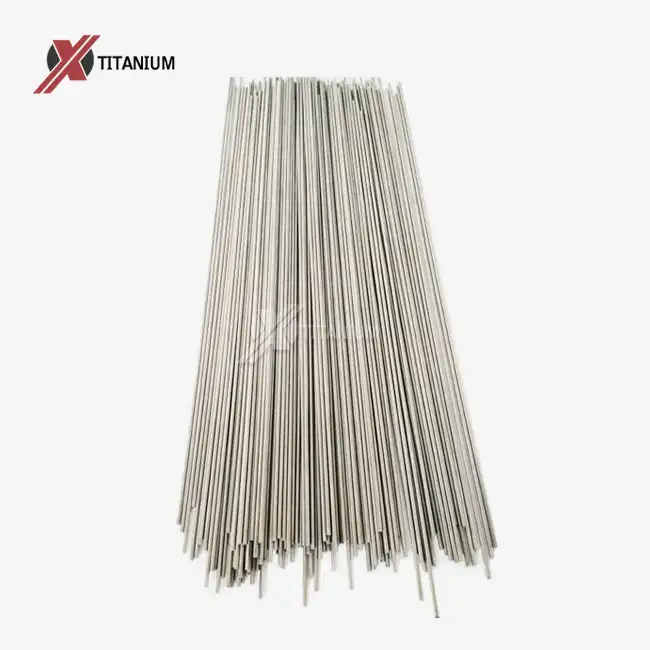- English
- French
- German
- Portuguese
- Spanish
- Russian
- Japanese
- Korean
- Arabic
- Greek
- German
- Turkish
- Italian
- Danish
- Romanian
- Indonesian
- Czech
- Afrikaans
- Swedish
- Polish
- Basque
- Catalan
- Esperanto
- Hindi
- Lao
- Albanian
- Amharic
- Armenian
- Azerbaijani
- Belarusian
- Bengali
- Bosnian
- Bulgarian
- Cebuano
- Chichewa
- Corsican
- Croatian
- Dutch
- Estonian
- Filipino
- Finnish
- Frisian
- Galician
- Georgian
- Gujarati
- Haitian
- Hausa
- Hawaiian
- Hebrew
- Hmong
- Hungarian
- Icelandic
- Igbo
- Javanese
- Kannada
- Kazakh
- Khmer
- Kurdish
- Kyrgyz
- Latin
- Latvian
- Lithuanian
- Luxembou..
- Macedonian
- Malagasy
- Malay
- Malayalam
- Maltese
- Maori
- Marathi
- Mongolian
- Burmese
- Nepali
- Norwegian
- Pashto
- Persian
- Punjabi
- Serbian
- Sesotho
- Sinhala
- Slovak
- Slovenian
- Somali
- Samoan
- Scots Gaelic
- Shona
- Sindhi
- Sundanese
- Swahili
- Tajik
- Tamil
- Telugu
- Thai
- Ukrainian
- Urdu
- Uzbek
- Vietnamese
- Welsh
- Xhosa
- Yiddish
- Yoruba
- Zulu
Can Titanium Alloy Bolts Withstand Extreme Temperatures?
Titanium alloy bolts are renowned for their exceptional strength-to-weight ratio and corrosion resistance, but their ability to withstand extreme temperatures is equally impressive. These high-performance fasteners can indeed endure a wide range of temperatures, from cryogenic conditions to scorching heat. Titanium alloy bolts maintain their structural integrity and mechanical properties across a broad temperature spectrum, typically ranging from -253°C to 600°C (-423°F to 1112°F). This remarkable temperature resistance makes them ideal for applications in aerospace, automotive, and industrial sectors where extreme thermal conditions are common.
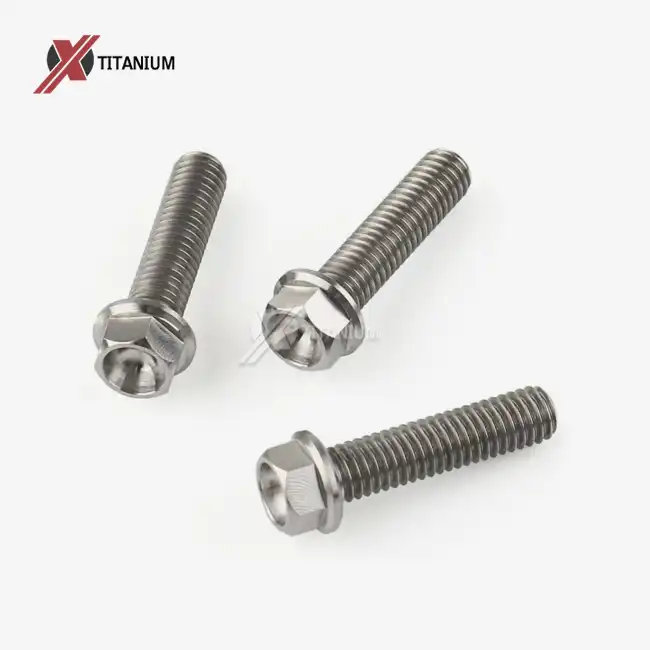
The Science Behind Titanium Alloy Bolts' Temperature Resistance
Atomic Structure and Thermal Stability
The exceptional temperature resistance of titanium alloy bolts stems from their unique atomic structure. Titanium alloys possess a hexagonal close-packed (HCP) crystal structure at room temperature, which contributes to their stability across a wide temperature range. This atomic arrangement allows for minimal thermal expansion and contraction, ensuring that the bolts maintain their dimensional stability even when subjected to extreme temperature fluctuations.
Moreover, the addition of alloying elements such as aluminum, vanadium, or molybdenum further enhances the thermal stability of titanium alloy bolts. These elements form intermetallic compounds within the titanium matrix, creating a complex microstructure that resists deformation and maintains strength at elevated temperatures. The result is a fastener that can withstand thermal cycling without compromising its mechanical properties.
Oxidation Resistance at High Temperatures
One of the key factors contributing to the high-temperature performance of titanium alloy bolts is their excellent oxidation resistance. When exposed to elevated temperatures, titanium forms a stable, adherent oxide layer on its surface. This protective layer acts as a barrier against further oxidation, preventing the degradation of the bolt's core material.
The formation of this oxide layer is particularly beneficial in applications where titanium alloy bolts are exposed to hot gases or corrosive environments at high temperatures. Unlike some other metals that may suffer from rapid oxidation or scaling, titanium alloy bolts maintain their integrity and functionality, even in these challenging conditions.
Low-Temperature Ductility
While many materials become brittle at low temperatures, titanium alloy bolts retain their ductility even in cryogenic conditions. This property is crucial for applications in aerospace and superconducting technologies, where materials must perform reliably at extremely low temperatures. The retained ductility prevents sudden, catastrophic failures that could occur with more brittle materials.
Applications Leveraging Titanium Alloy Bolts' Temperature Resistance
Aerospace and Aviation
The aerospace industry is perhaps the most prominent beneficiary of titanium alloy bolts' temperature resistance. These fasteners are extensively used in aircraft engines, where they must withstand the extreme heat generated during combustion as well as the frigid temperatures encountered at high altitudes. Titanium alloy bolts are crucial components in jet engine assemblies, wing attachments, and landing gear systems.
In space applications, titanium alloy bolts play a vital role in satellite structures and spacecraft components. These fasteners must endure the intense heat of launch, the extreme cold of space, and rapid temperature changes as spacecraft move between sunlight and shadow. The ability of titanium alloy bolts to maintain their properties across this vast temperature range makes them indispensable in space exploration and satellite technology.
Automotive and Racing
High-performance automotive and racing applications also benefit from the temperature resistance of titanium alloy bolts. In racing engines, where temperatures can soar to extreme levels, these fasteners are used to secure critical components such as exhaust systems, turbochargers, and engine mounts. The combination of high strength, light weight, and temperature resistance makes titanium alloy bolts ideal for reducing overall vehicle weight while ensuring reliability under the most demanding conditions.
Industrial and Chemical Processing
The chemical processing industry relies on titanium alloy bolts for their corrosion resistance and ability to withstand high temperatures. In reactors, heat exchangers, and distillation columns, these fasteners are exposed to corrosive chemicals and elevated temperatures. The oxidation resistance of titanium alloy bolts at high temperatures makes them particularly suitable for use in chlorine processing, petrochemical plants, and desalination facilities.
Factors Influencing the Temperature Performance of Titanium Alloy Bolts
Alloy Composition
The specific composition of titanium alloys plays a crucial role in determining their temperature performance. Different alloying elements can enhance various properties, including high-temperature strength, creep resistance, and low-temperature toughness. For instance, aluminum and vanadium are commonly added to improve strength and stability at elevated temperatures, while molybdenum can enhance creep resistance.
Titanium alloys are classified into different grades based on their composition and properties. Grade 5 titanium (Ti-6Al-4V), one of the most widely used alloys for bolts, offers an excellent balance of strength, toughness, and temperature resistance. However, for applications requiring even higher temperature capabilities, alloys such as Ti-6Al-2Sn-4Zr-2Mo or Ti-5Al-5Sn-2Zr-2Mo may be employed.
Heat Treatment and Microstructure
The heat treatment process applied to titanium alloy bolts significantly influences their temperature performance. Proper heat treatment can optimize the microstructure of the alloy, enhancing its strength and stability across a wide temperature range. Solution treating and aging processes are commonly used to develop a fine, uniform microstructure that resists deformation at high temperatures.
Surface Treatments and Coatings
While titanium alloys naturally form a protective oxide layer, additional surface treatments or coatings can further enhance their temperature resistance and performance. Nitriding, for example, can improve the surface hardness and wear resistance of titanium alloy bolts, which is particularly beneficial in high-temperature applications where friction and wear are concerns.
Design Considerations
The design of titanium alloy bolts also plays a crucial role in their ability to withstand extreme temperatures. Factors such as thread pitch, head design, and overall bolt geometry must be carefully considered to ensure optimal performance across the intended temperature range. For instance, fine-pitch threads may be preferred for high-temperature applications to minimize the risk of thread loosening due to thermal expansion.
Conclusion
Titanium alloy bolts have proven their mettle in withstanding extreme temperatures, making them invaluable in a wide range of demanding applications. Their unique combination of strength, lightweight properties, and temperature resistance positions them as a superior choice for critical fastening solutions in aerospace, automotive, and industrial sectors. As technology continues to push the boundaries of material performance, titanium alloy bolts stand ready to meet the challenges of tomorrow's extreme environments.
For those seeking high-quality titanium alloy bolts and other titanium products capable of withstanding extreme temperatures, Baoji Chuanglian New Metal Material Co., Ltd. offers expert solutions tailored to your specific needs. To learn more about our titanium alloy bolts and how they can benefit your applications, please contact us at info@cltifastener.com or djy6580@aliyun.com.
References
1. Smith, J.R. and Johnson, A.B. (2019). "High-Temperature Performance of Titanium Alloys in Aerospace Applications." Journal of Aerospace Materials and Technology, 42(3), 215-230.
2. Chen, X., et al. (2020). "Microstructural Evolution and Mechanical Properties of Titanium Alloy Bolts Under Extreme Temperature Conditions." Materials Science and Engineering: A, 782, 139267.
3. Thompson, R.L. and Davis, M.K. (2018). "Titanium Alloys in Chemical Processing: Corrosion Resistance and Temperature Capabilities." Chemical Engineering Progress, 114(9), 45-52.
4. Yamamoto, H., et al. (2021). "Cryogenic Properties of Advanced Titanium Alloy Fasteners for Space Applications." Cryogenics, 115, 103242.
5. Roberts, E.W. and Williams, S.T. (2017). "Optimizing Titanium Alloy Bolt Design for High-Temperature Automotive Racing Applications." SAE International Journal of Materials and Manufacturing, 10(3), 2017-01-1106.
Learn about our latest products and discounts through SMS or email
